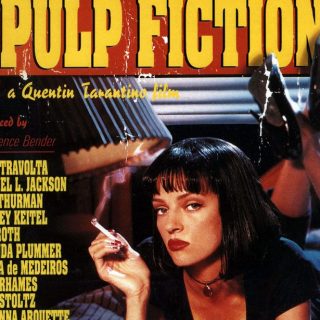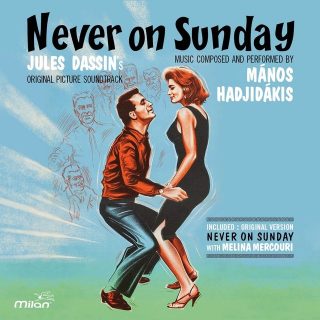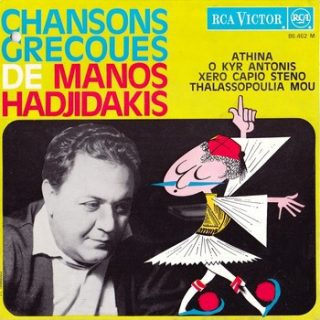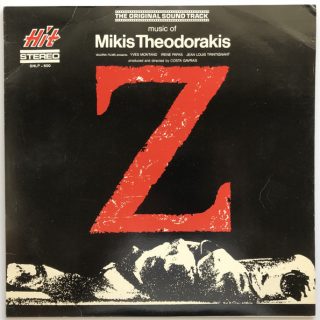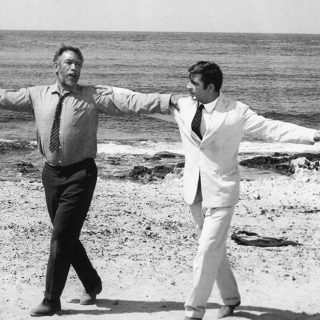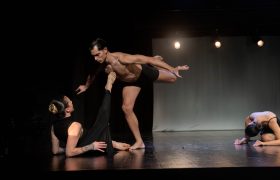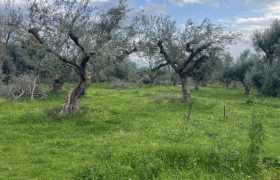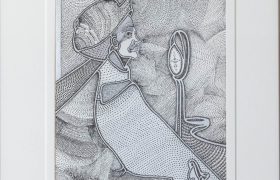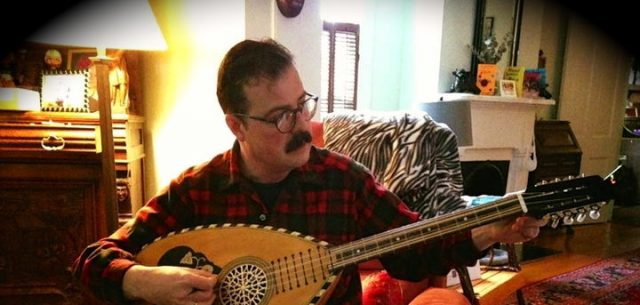Rebetiko: Music of the Outlaws
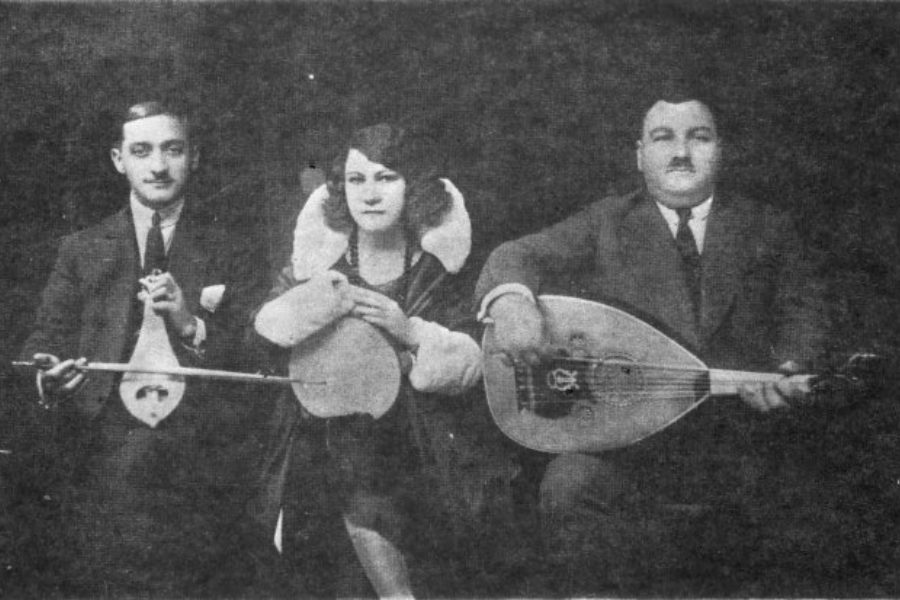
Trio Smyrna Style en 1930
Everyone knows bouzouki music: it’s the sound of cliched touristic Greek entertainment, heard on debauched, ouzo-soaked nights in tavernas across the world. Few, however, know about this music’s ancestor. Its name is rebetiko: a hairy, uncouth, underground sound that arose from the hash dens, cabarets, brothels and prisons of fin-de-siècle Greece.
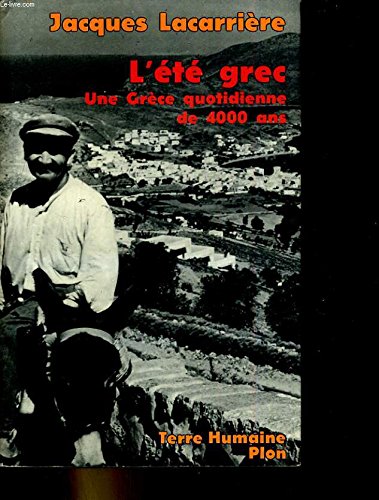 Rebetiko (or rembetiko) music captivated Greece from the turn of the century until the early 1950s. It was prolifically recorded at the time, but is virtually unknown outside of its native land. A sort of outlaw blues, rebetiko typically dealt with themes of exile, loss of family, wandering the streets after dark, taking drugs and drinking to excess, unrequited love, imprisonment and death. In L’Eté grec (1976) Jacques Lacarrière’s ode to Greece, he describes rebetika as ‘the most precious musical heritage of the Greeks.’ Rebetiko refers to the urban part – this is the name given to the music which emerged out of the poorer quarters of Athens, and other cities in Greece and in Asia Minor, between the first and second World Wars. Rebetiko introduced the stringed instrument known as the bouzouki to the world, a sound which epitomizes Greek music to this day. The lyrics often portray the poverty and squalor of a people driven from their homes by war. But coupled with the swirling, Middle Eastern modes of the uplifting melodies, a Greek equivalent of “the blues” was created, which has transformed popular Greek music to the present day.
Rebetiko (or rembetiko) music captivated Greece from the turn of the century until the early 1950s. It was prolifically recorded at the time, but is virtually unknown outside of its native land. A sort of outlaw blues, rebetiko typically dealt with themes of exile, loss of family, wandering the streets after dark, taking drugs and drinking to excess, unrequited love, imprisonment and death. In L’Eté grec (1976) Jacques Lacarrière’s ode to Greece, he describes rebetika as ‘the most precious musical heritage of the Greeks.’ Rebetiko refers to the urban part – this is the name given to the music which emerged out of the poorer quarters of Athens, and other cities in Greece and in Asia Minor, between the first and second World Wars. Rebetiko introduced the stringed instrument known as the bouzouki to the world, a sound which epitomizes Greek music to this day. The lyrics often portray the poverty and squalor of a people driven from their homes by war. But coupled with the swirling, Middle Eastern modes of the uplifting melodies, a Greek equivalent of “the blues” was created, which has transformed popular Greek music to the present day.
The word rebetiko is derived from a Turkish root: rebet, meaning rebellious or disobedient. Jacque Lacarrière describes a rebet as “a man from the lowlands, from the under-proletariat of the cities, a destitute or a lost, a man of the lower world (specifying that this is the bourgeois vision of the word,) rebetiko precisely rehabilitates the word to make this lower world the real world – the one in which we know life, suffering, realities in relation to the conventional and adulterated world of the bourgeoisie and the intelligentsia). In short, talk about the zébékikas, the dances that accompany these songs, the bouzoukia, the baglamadès, this popular poetry (the tavern, the wine, the misery, the night, the death, the prison, the ports, the hashish, the hookah, the teké, the masoura) would be practically telling a half a century of Greek history. […]”
The songs revolve around the lifestyles of so-called “kousavakidhes” or “manghes” – wideboys, members of the Greek underworld. The archetypal manghe of the early days was a classic anti-establishment gadabout. Held in deep suspicion due to their abstruse gutter slang, gambling, drug habits and seedy demeanour – all the fun stuff – manghes would often be found sporting flamboyant gangster threads and packing some sort of weapon. Being a manghe implied attitude, style and a way of life.
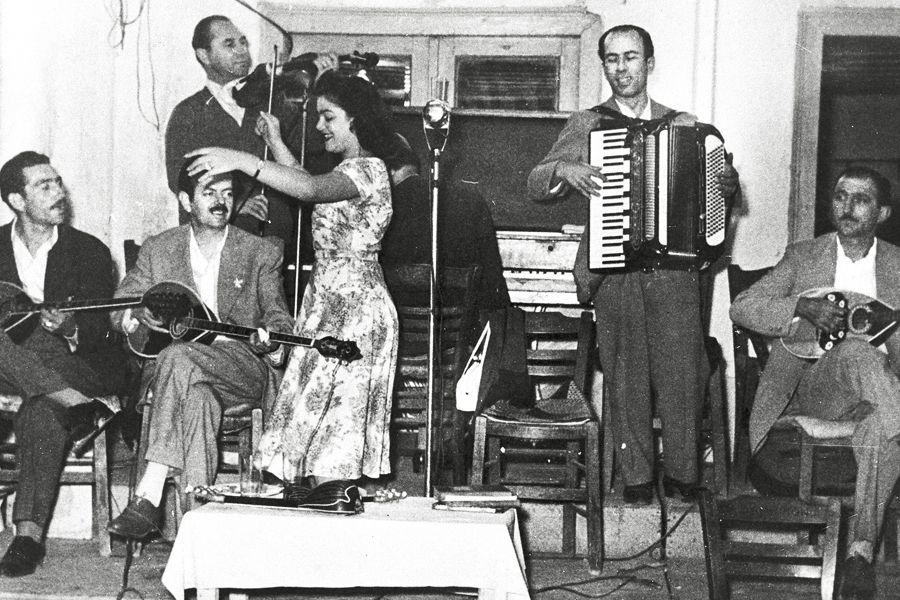
The disreputable originators of rebetiko music had sung simple, bittersweet tunes about the circumscribed world they knew all too well: prison and the “tekes” (slang for hash dens). These locales were also where rebetiko music was most likely to be heard. For respectable Greek society, rebetes and manghes alike were sordid and a threat to the morals of the nation.
Songs were banned due to their anti-authoritarian subject matter. Persecution of the disaffected rebetes became the number one priority of the Greek police; rebetiko musicians found themselves constantly in an adversarial position, much like 1920s jazz men or the early gangsta rappers in the US. Police raided the tekes, smashed instruments and arrested rebetes at will.
When Smyrna was razed in 1922, a million and a half refugees were exchanged for the entire indigenous Muslim population of Greece. Refugees poured into the urban centres of Greece, particularly Athens and the port of Piraeus. Assimilation into this new land – one meant to be their own – was slow and fraught with difficulty. The uprooted aliens found themselves on the fringes of society and in the same economic boat as down-and-out rebetes.
Gradually, the worlds of the rebetiko underworld and the wave of immigrants from Asia Minor began to merge; refugees became intimate with the rebetes and manghes, frequenting their tekes and getting high. Among these refugees were some of the most accomplished exponents of a Turkish style of music called smyrnaika.
A typical ensemble from this time consisted of a two-stringed violin, oud and santouri (a stringed instrument played with two light hammers like a dulcimer) – but, surprisingly, no bouzouki. In the cafes, boisterous audiences added their own percussion, using anything handy – spoons, ouzo glasses, their own feet. Likewise, impromptu dancing (the bulk of rebetiko music is dance music) was considered de rigueur.
Dick Dale’s speed-freak surf guitar instrumental Misirlou (used in the opening frames of Tarantino’s Pulp Fiction) was originally written by Nikos Roubanis in the 1930s and recorded in the US. Catering to the tango fad of the time, it’s taken at a slow, greasy pace with lush orchestration. While indulging the same Middle-Eastern influences that were changing the structures and instrumentation of rebetiko, this music had nothing to do with the music of the streets.
The decade following the exotic Smyrnaic period, however, saw a revival of the old local “gangster” style rebetiko known as koutsavakiko. Markos Vamvakaris is generally credited with radically reinventing the sound of the rebetiko ensemble in this period with his kompania – the classic configuration of two bouzoukis, a baglamas and a guitar.
The bouzouki (from the Turkish “bozouk”, meaning broken) is a member of the family of long-necked lutes. Like its age-old counterpart, the pandouris (one of 3,400 instruments ethnomusicologists believe existed in ancient Greece), the bouzouki has a pear-shaped sound-box and is picked or strummed with a plectrum. From its earliest introduction, the bouzouki was the main instrument in the kompania, usually accompanied by the baglamas, its smaller counterpart.
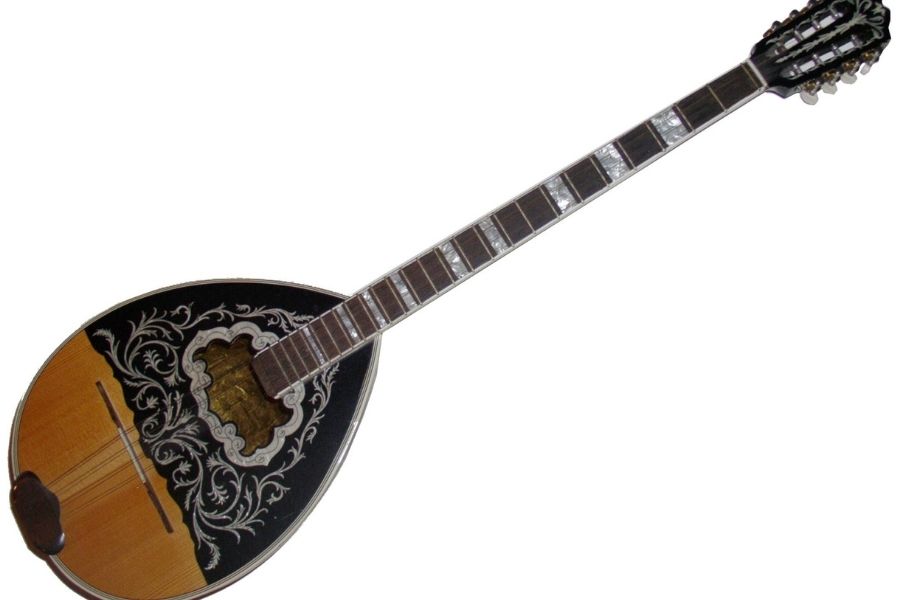
A bouzouki
Easily carried or hidden, the baglamas was the instrument of choice for vagabonds and the incarcerated. Music was strictly prohibited in prison, so inmates assembled their baglamas out of whatever unlikely materials they could sneak into their cells. Guitar was introduced into these small ensembles later, often providing a moving bassline similar to country music’s “walking bass”.
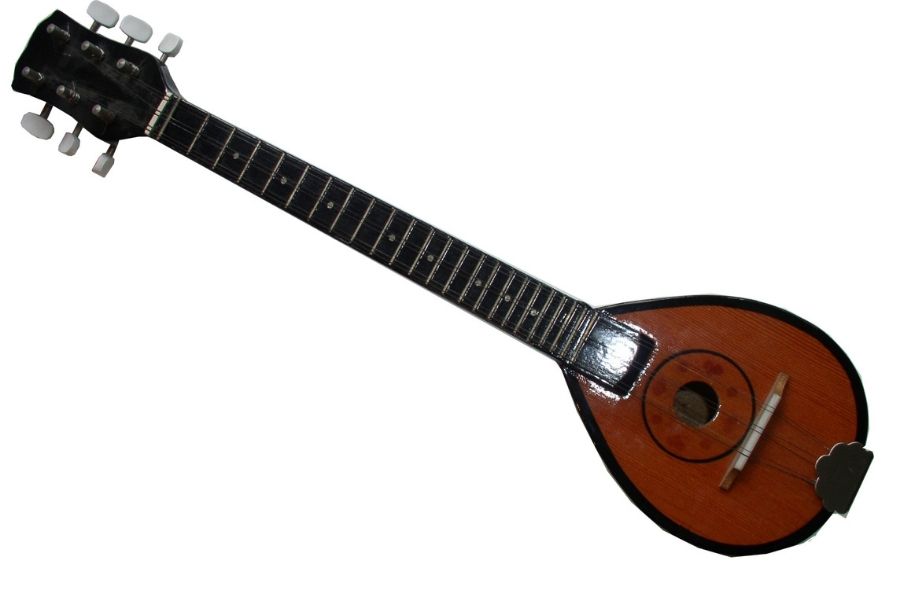
A baglama
Arrangements were starker in the new style. Vocals, usually male, were hoarse and rough, a sort of blues moan. A song would usually be introduced with a brief “taximi” – a loose instrumental flourish improvised on the bouzouki, which set a mood before launching into the steady meter of the song proper.
As rebetiko matured, poverty in Greece worsened. The Nazi occupation, followed immediately by civil war, unravelled the nation’s social fabric and almost everyone in Greece, regardless of class background, was near poverty level. Rebetiko singers once again lent expression to the wretchedness of the downtrodden, only this time on a national scale. The popular, or laiko, period from 1942-1952 saw rebetiko begin to shed its underworld associations and slowly be acknowledged as the national “living” music of Greece.
Jacques Lacarrière describes the popular Greek composers of rebetika, Tsitsanis, Bambakaris, Dascalakis, Mitsakis, Papaioannou, Mathésis and Batis as the equivalent of the greatest blues composers, ‘an Armstrong, a Fats Waller, a Sydney Bechet.’
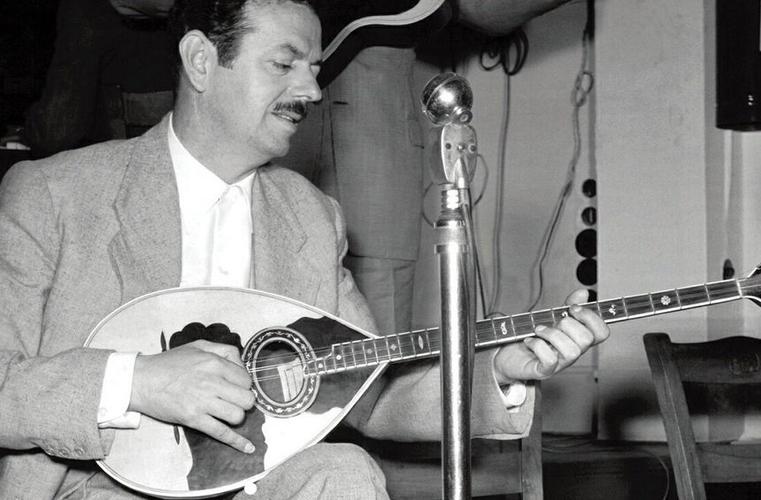 Many Greeks regard the popular rebetiko song Synefiasmeni Kyriaki (“Cloudy Sunday”), written in Thessaloniki by folk composer and singer Vassilis Tsitsanis (1915-1984) during the German occupation in WWII, as a sort of unofficial national anthem. This song, which enjoyed record sales when it was first released as a single, has been covered by myriad singers and recorded again and again, not only in Greece but in the USA, Canada and Australia as well.
Many Greeks regard the popular rebetiko song Synefiasmeni Kyriaki (“Cloudy Sunday”), written in Thessaloniki by folk composer and singer Vassilis Tsitsanis (1915-1984) during the German occupation in WWII, as a sort of unofficial national anthem. This song, which enjoyed record sales when it was first released as a single, has been covered by myriad singers and recorded again and again, not only in Greece but in the USA, Canada and Australia as well.
Vassilis Tsitsanis did his military service from 1938 to 1940 in the Telegraphists’ Regiment, whose headquarters were located in the service areas of the famed Alatini Villa (today home to the Thessaloniki Regional Authority). It was in Thessaloniki that he met and married his wife, Zoe Samara, and it was here, too, that the war found him in October of 1940.
He stayed in the city for nearly a decade, writing over 70 songs (every anthology of rebetiko music has songs by Tsitsanis) and performing with his band at his own ouzeri or at one-off appearances at some of the most popular nightclubs of the time.
Tsitsanis’ singing was also the stuff of legend. Unembellished, even abstract to some, “with a heart-wrenching staccato style that cut phrases like a sob,” according to musicologist Giorgos Leotsakos, he established a new way of performing that was more “western” than “eastern”. What’s more, he worked hard to rid the music of its seedy connotations.
“I did not try to give a political tone to my songs,” he said. “Simply situations, sad or happy moments, pain, poverty, unhappiness and the trials of the unfortunate are the subject of my songs that struck a chord with people.”
Rising acceptance of the genre, however, also signalled waning authenticity. And increased commercialisation imposed new ground rules. Larger venues such as ballrooms were needed to accommodate the growing audience. To suit changing tastes and venue conditions, Manolis Chiotis modified the bouzouki, adding a fourth string and utilising electric amplification, thus ending 5,000 years of tradition (resented to this day by purists).
The recording industry had a further effect. From 1960 onwards, the allure of commercial success compromised the music and lyrics until rebetiko’s downfall was irreversible. As the economy got back on its feet, the lower class began to diminish to the point where true rebetes and genuine rebetiko music ceased to exist.
But then, just as real rebetiko was vanishing, a pair of Greek composers reinvented it for the world. Manos Hadjidakis introduced the sound of the bouzouki to an international audience in his theme to the film Never on Sunday. Now that the decadent bouzouki had seduced the ears of foreigners, mainstream Greece could no longer afford to hold it in disdain. Hadjidakis was the first to put this tawdry music from the past on an intellectual pedestal, running contrary to the status quo and political policy of the time.
At around the same time, Mikis Theodorakis (later famous for his soundtracks to Zorba the Greek, Z and Serpico) was struggling to survive a military concentration camp on the island of Makronissos. Where Hadjidakis strove to polish laiko for the Greek upper classes, Theodorakis admired and identified with struggling lower-class musicians, asserting: “There was no need for the laiko song to be introduced to us, nor to the people.”
Hadjidakis and Theodorakis adopted and adapted traditional rebetiko rhythms and instrumentation to create some very sophisticated modern compositions and pop songs. The catchy melodies they wrote made the bouzouki internationally synonymous with the music of Greece. But by Hadjidakis’s own admission, their music was not true rebetiko:
Rebetiko only existed when it was illegal, played in inaccessible hiding places, somewhere on the fringe.



